Neuroscience
-
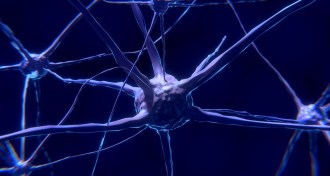 Neuroscience
NeuroscienceThere’s a long way to go in understanding the brain
Neuroscientists offer multiple “perspectives” on how to plug gaps in current knowledge of the brain’s inner workings.
-
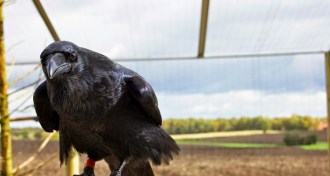 Animals
AnimalsRavens pass tests of planning ahead in unnatural tasks
Clever birds may have evolved their own broad powers of apelike thinking about the future.
By Susan Milius -
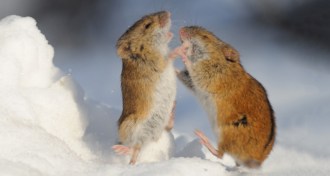 Neuroscience
NeuroscienceBrain activity helps build an alpha male
In mice, nerve cells in the prefrontal cortex influence whether an individual is dominant or submissive.
-
 Neuroscience
NeuroscienceJust one night of poor sleep can boost Alzheimer’s proteins
Deep sleep may prevent the buildup of Alzheimer’s proteins.
-
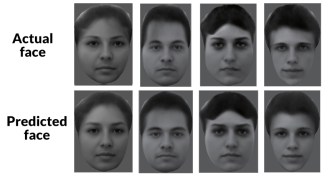 Neuroscience
NeuroscienceBrains encode faces piece by piece
Cells in monkey brains build up faces by coding for different characteristics.
-
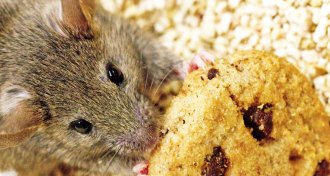 Neuroscience
NeuroscienceObscure brain region linked to feeding frenzy in mice
Nerve cells in a little-studied part of the brain exert a powerful effect on eating, a mouse study suggests.
-
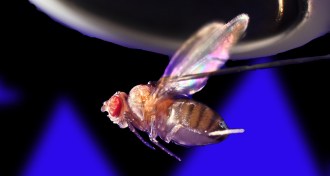 Neuroscience
NeuroscienceInternal compass guides fruit fly navigation
Experiments show how flies navigate — and why this might be important for humans.
By Laura Beil -
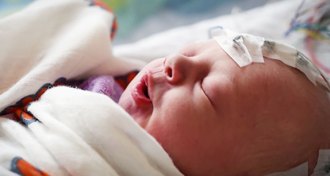 Neuroscience
NeuroscienceA baby’s pain registers in the brain
EEG recordings can help indicate whether a newborn baby is in pain, a preliminary study suggests.
-
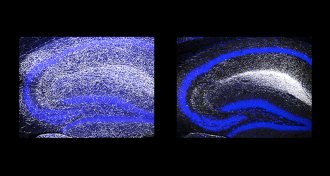 Neuroscience
NeuroscienceNerve cell miswiring linked to depression
A gene helps nerve cell axons extend to parts of the brain to deliver serotonin, a brain chemical associated with depression.
-
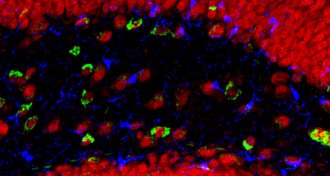 Neuroscience
NeuroscienceBrain gains seen in elderly mice injected with human umbilical cord plasma
Plasma from human umbilical cord blood refreshes aspects of learning and memory in mice.
-
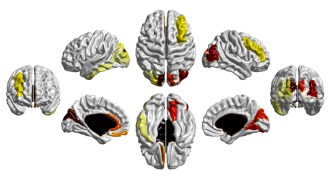 Humans
HumansScientists seek early signs of autism
The search for autism biomarkers, in the blood and the brain, is heating up.
-
 Neuroscience
NeuroscienceFood odors are more enticing to sleep-deprived brains
Sleep deprivation makes the brain more sensitive to food smells.